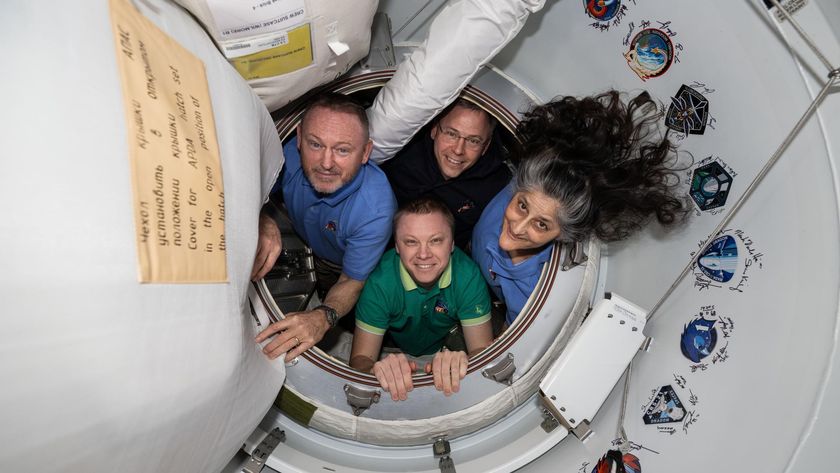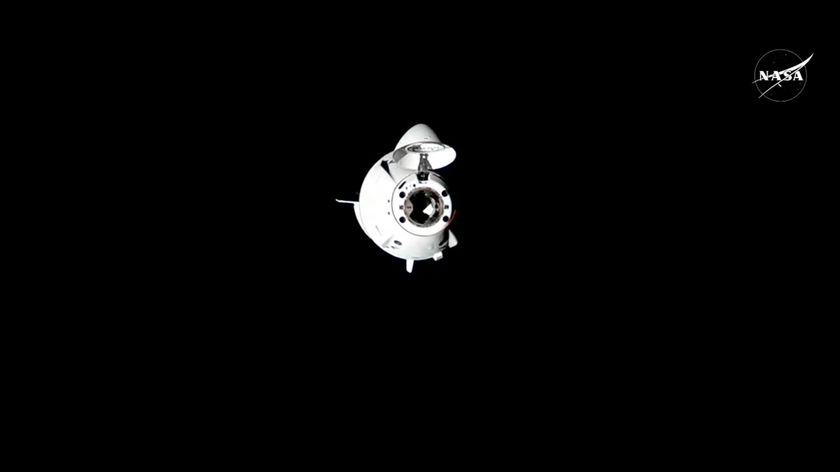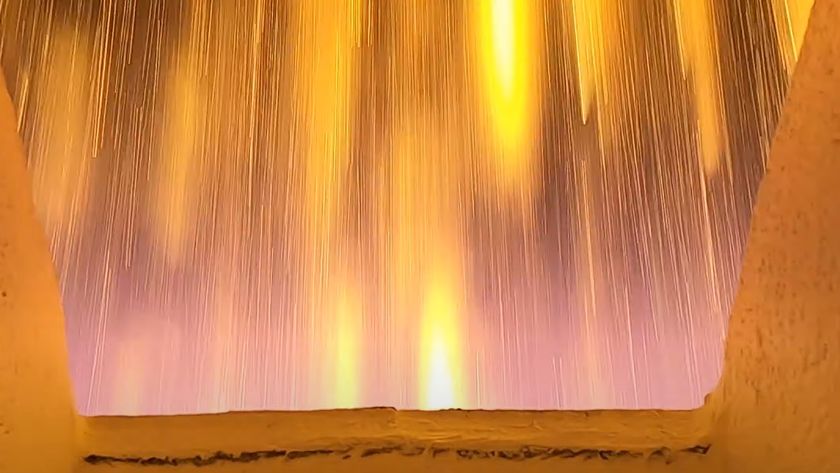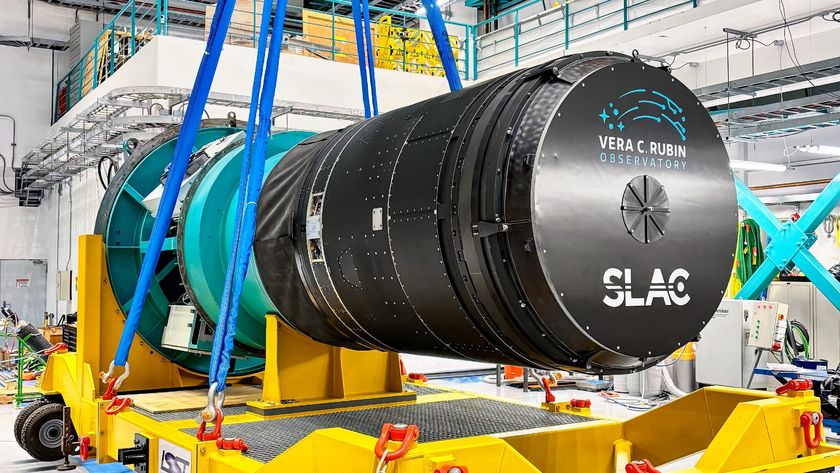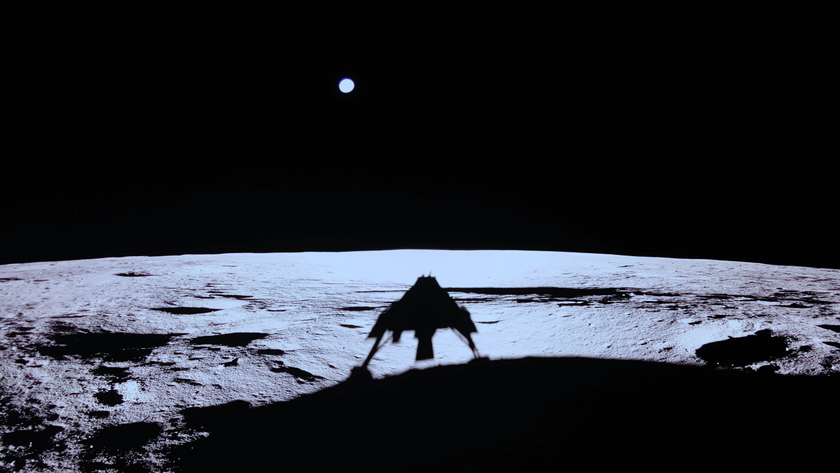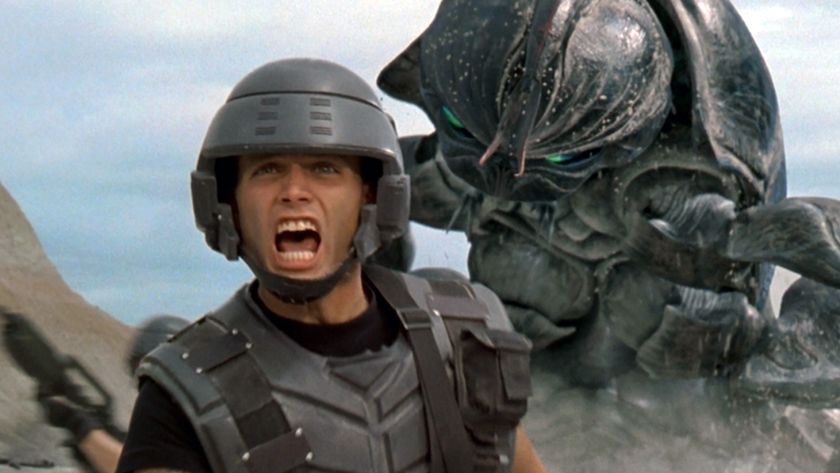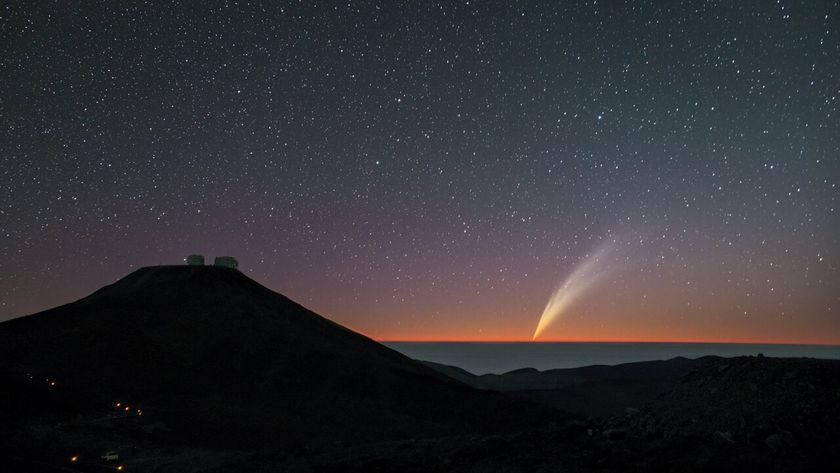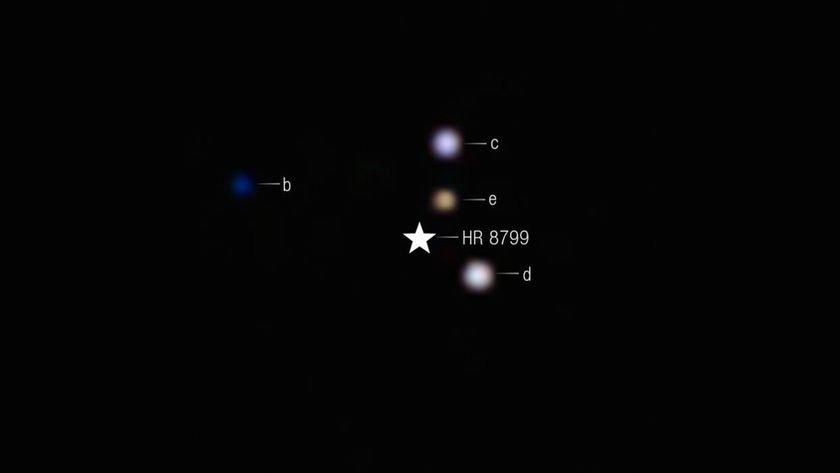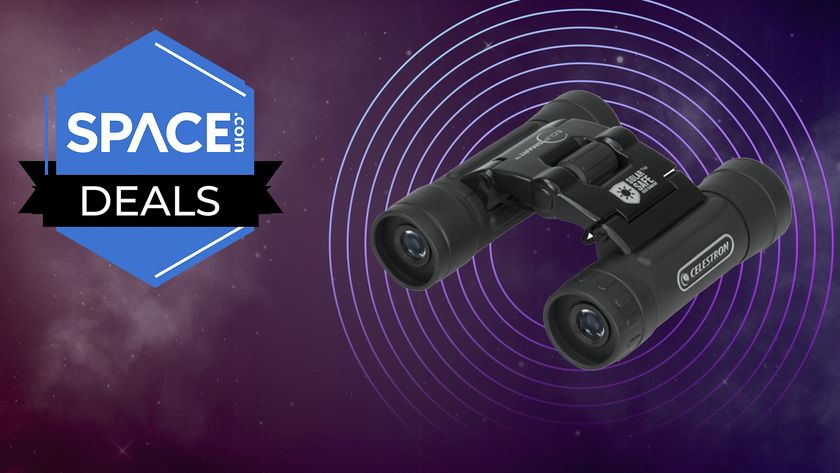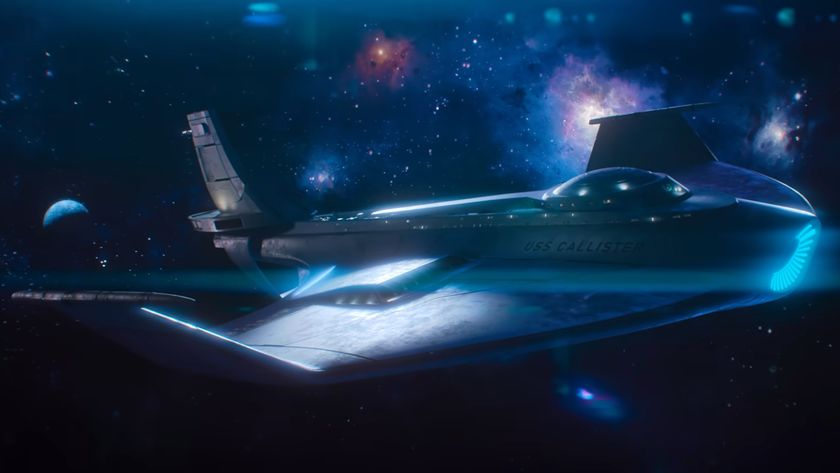Launch Pad Work Adds Months of Delay for New Private Rocketship
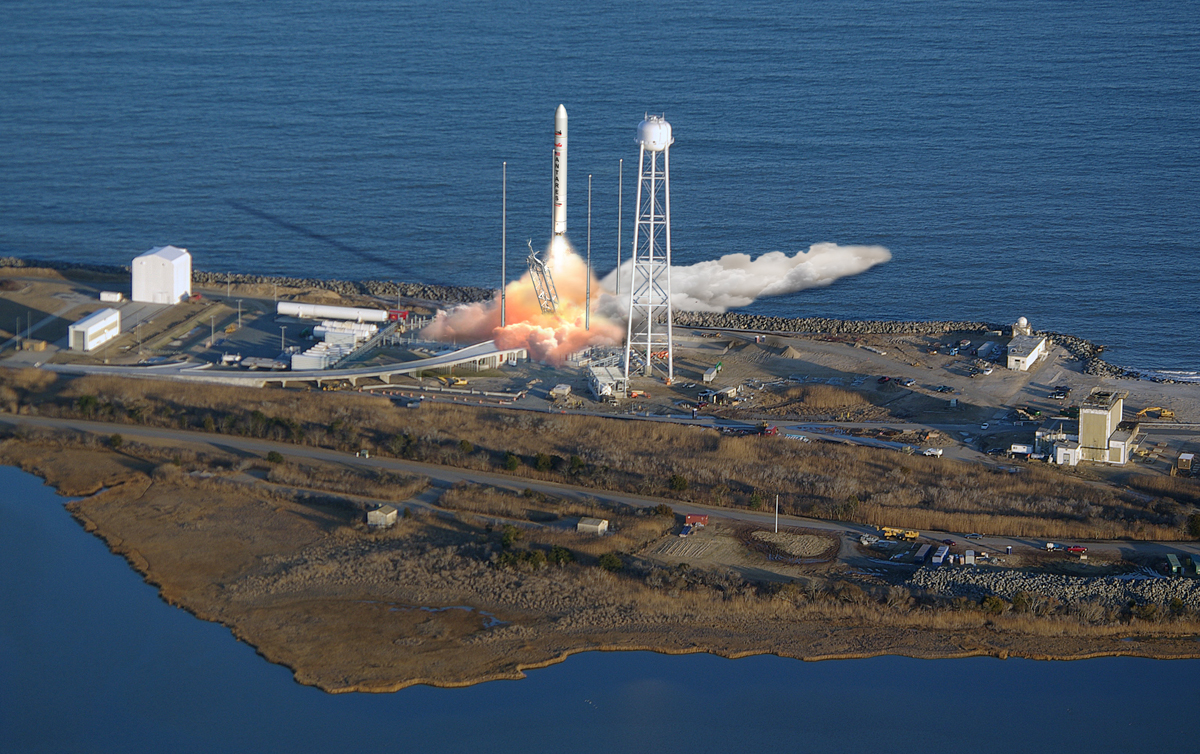
PARIS — Rocket and satellite builder Orbital Sciences Corp. on Tuesday (Feb. 21) said its program to provide commercial cargo services to the International Space Station under a NASA contract has fallen a further four months behind schedule, with a test flight of the unmanned freighter now scheduled to occur no earlier than August or September.
As was the case with a previous schedule slip, Dulles, Va.-based Orbital placed the blame for the delays squarely on the Virginia Commercial Space Flight Authority, which is responsible for preparing the launch pad for Orbital’s Antares rocket — formerly named Taurus 2 — and its Cygnus space station cargo module.
In a conference call with investors, Orbital Chief Executive David W. Thompson said even this revised schedule "is not a slam dunk" and requires that a series of key milestones go without a hitch.
These milestones begin with the completion of construction of pad facilities including propellant handling and pressurization systems at the Wallops Island, Va., spaceport, which should happen by early March, Thompson said. The entire facility will then need to be NASA-certified as operational, a process that could be completed by late April.
The Antares first stage then could be placed on the pad and test fired in May. Assuming no anomalies in this activity, a test flight of Antares without the Cygnus cargo carrier could occur in June or July. A smooth flight would pave the way for a test flight of Antares and its Cygnus module by September, a mission during which Cygnus would approach the space station and then be grappled by the station’s robotic arm and attached to the orbital outpost. [Top 10 Private Spaceships Headed for Reality]
Orbital's COTS contract
This test flight activity is being conducted under Orbital’s Commercial Orbital Transportation Services (COTS) contract with NASA, a cost-sharing arrangement signed in February 2008 under which NASA agreed to pay $170 million, to be parceled out upon completion of specified milestones. Orbital’s contribution was estimated at $150 million including the Antares rocket development.
Get the Space.com Newsletter
Breaking space news, the latest updates on rocket launches, skywatching events and more!
In late 2008, Orbital signed a follow-on Commercial Resupply Services (CRS) contract with NASA valued at $1.9 billion. It called for eight Antares/Cygnus flights to the station to deliver 44,000 pounds (20,000 kilograms) of supplies between 2011 and 2015.
Thompson said the first of these CRS flights could occur at the end of this year — again assuming the previous Antares milestones are met and that the occasionally complicated traffic management at the space station would permit a late-year berthing by Cygnus.
Under the COTS contract, the first Antares/Cygnus flight was originally scheduled to occur in late 2010.
Thompson said the Antares/Cygnus schedule has slipped by eight or nine months in the past year alone, mainly due to propellant and pressurization equipment glitches at the launch site. He said Orbital, "to more effectively address these challenges," assumed control of these activities in late 2011 with a 20-member contingent assigned "to direct and oversee the remaining activities through the first Antares launch."
To prepare for Antares, the launch pad must assure the safe handling and storage of gaseous helium and nitrogen in addition to liquid nitrogen, liquid oxygen and rocket-grade kerosene.
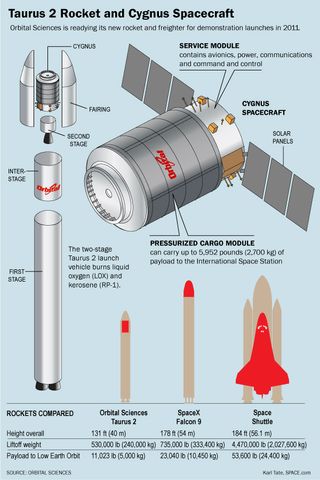
Issues at the launch pad
In the past 12 months, Thompson said, the Virginia Commercial Space Flight Authority has confronted four different issues related to the facility that required "redesign, repair and rework of the complex."
Thompson said Orbital booked just under $250 million in revenue for the CRS program in 2011. If the latest Antares/Cygnus schedule holds firm, the company expects CRS revenue in 2012 to be around $375 million. He said Orbital has generated a 5 percent profit margin on CRS so far but that this should increase to 6 percent in late 2012 if the revised schedule is met.
Orbital has incurred costs because of the program’s delay, but the costs related to the Wallops Island spaceport will be borne by the spaceport’s owner and operator, he said.
Orbital Chief Financial Officer Garrett E. Pierce said during the call that the U.S. Securities and Exchange Commission (SEC) in December questioned the way Orbital recognizes CRS revenue. Orbital responded to the SEC’s inquiry by letter in January. Discussions are ongoing, Pierce said.
"[W]ith many of our government contracts, certain contract payment milestones are not billable until the mission has been successfully completed," Pierce said. "With respect to the CRS contract, as previously disclosed, certain milestones were billable upon the launch and delivery of cargo to the International Space Station." [Photos: Building the International Space Station]
Pierce said Orbital has managed many programs similar to CRS in the past and has no reason to question the way it handles CRS revenue, but that it cannot forecast the outcome of the SEC discussions.
Meanwhile, Orbital fell short of its goal of booking three commercial telecommunications satellite orders in 2011, ending with two contracts out of what the company tallies as a year with 18 commercial geostationary satellites ordered worldwide. Five of those spacecraft were in the smaller size class for which Orbital competes.
For 2012, Thompson said the company is also targeting three telecommunications satellite orders in a global market likely to feature 18-20 satellites globally, of which five or six are in Orbital’s class.
This article was provided by Space News, dedicated to covering all aspects of the space industry.
Join our Space Forums to keep talking space on the latest missions, night sky and more! And if you have a news tip, correction or comment, let us know at: community@space.com.

Charles Q. Choi is a contributing writer for Space.com and Live Science. He covers all things human origins and astronomy as well as physics, animals and general science topics. Charles has a Master of Arts degree from the University of Missouri-Columbia, School of Journalism and a Bachelor of Arts degree from the University of South Florida. Charles has visited every continent on Earth, drinking rancid yak butter tea in Lhasa, snorkeling with sea lions in the Galapagos and even climbing an iceberg in Antarctica. Visit him at http://www.sciwriter.us

